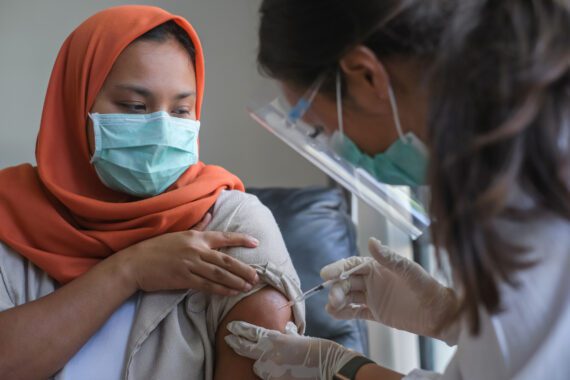Washington, D.C.– A new study commissioned by Bread for the World Institute shows that last year alone, hunger and food insecurity increased health expenditures in the United States by $160 billion. The study is highlighted in the Institute’s new report, The Nourishing Effect: Ending Hunger, Improving Health, Reducing Inequality, released today.
“Nowhere are the hidden costs of hunger and food insecurity greater than in health care,” said Rev. David Beckmann, president of Bread for the World. “Access to nutritious food is essential to healthy growth and development, and can prevent the need for costly medical care. Many chronic diseases—the main causes of poor health as well as the main drivers of healthcare costs—are related to diet.”
Food insecurity is associated with higher rates of depression, cardiovascular disease, high blood pressure, diabetes, and other physical and mental health conditions. Food assistance programs such as SNAP (formerly known as food stamps) and school lunches save money in the long run by improving educational and health outcomes.
Government resources that could go toward programs such as early childhood education or reducing the national debt are instead spent in emergency rooms and hospitals to offset the costs of hunger and food insecurity. The $160 billion is equivalent to more than a third of the U.S. government’s annual deficit.
The study was carried out by John Cook of Boston Medical Center and Children’s HealthWatch, and Ana Paula Poblacion of Universidade Federal de São Paulo in Brazil.
“The old adage that an ounce of prevention is worth a pound of cure has never been more appropriate,” said Asma Lateef, director of Bread for the World Institute. “Investments in federal nutrition programs are critical and much more needs to be done to ensure that vulnerable and underserved communities have access to healthy foods.”
Ending hunger and food insecurity will allow millions of people to do better in school, be more productive at work, and live healthier lives. The Nourishing Effect offers recommendations for healthcare providers, anti-hunger advocates, and policymakers to help make a healthier, hunger-free U.S. a reality.



